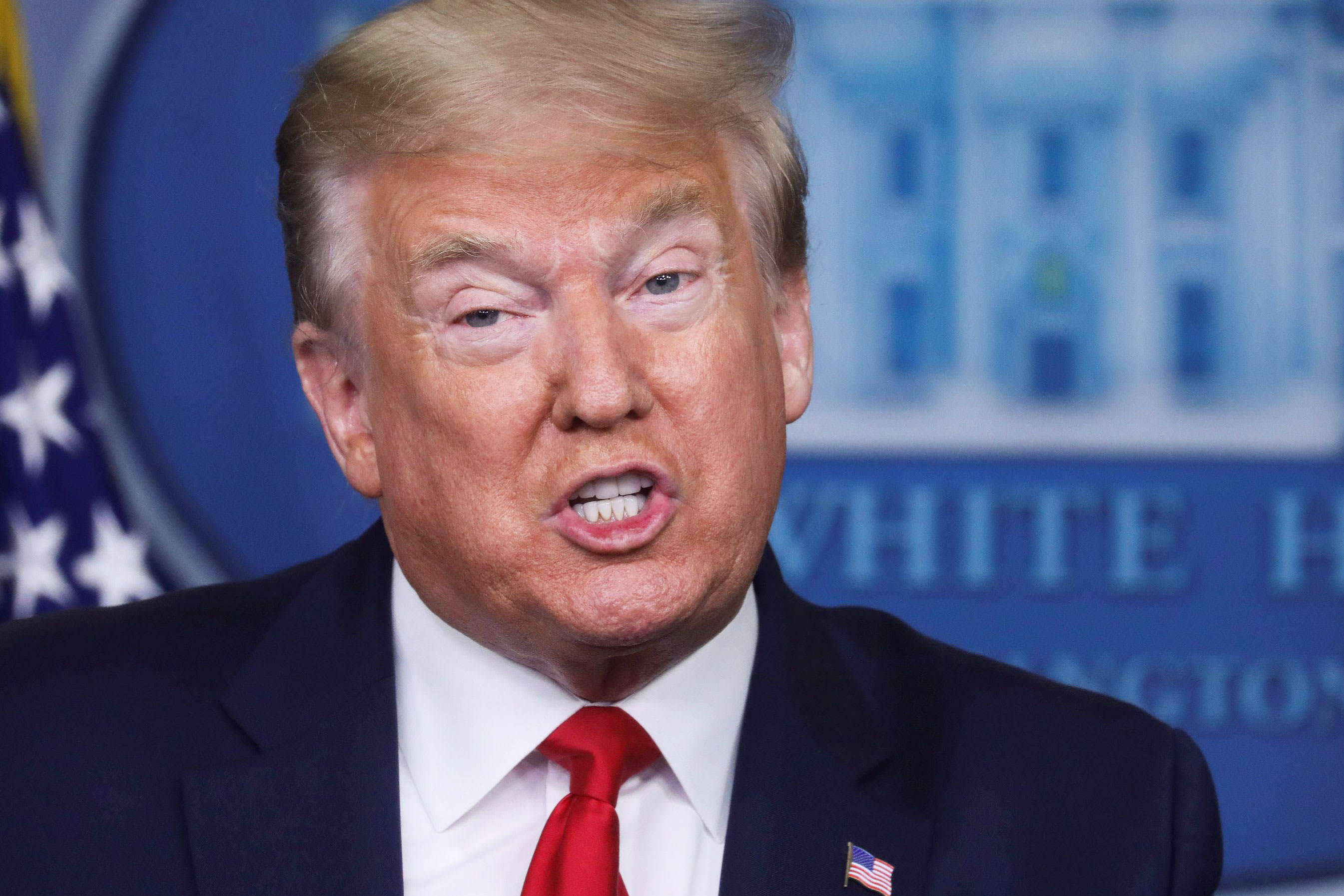
U.S. President Donald Trump makes a statement to reporters about reopening churches across the United States during the coronavirus disease (COVID-19) pandemic in the Brady Press Briefing Room at the White House in Washington, May 22, 2020.
Leah Millis | Reuters
President Donald Trump held a call with Facebook CEO Mark Zuckerberg on Friday, amid growing controversy between Trump and social media companies over free speech, Axios reported Sunday.
It’s unclear what Trump and Zuckerberg discussed on the call, but both sides described the conversation as productive, according to Axios.
A White House spokesperson declined to comment. Representatives from Facebook didn’t immediately respond to a request for comment.
Trump posted messages on Facebook and Twitter this week that called mail-in ballots “fraudulent” and threatened to bring in the National Guard to control protests in Minneapolis, saying “when the looting starts, the shooting starts.” Twitter slapped a warning label on the tweet about mail-in voting, as well as a public interest notice on the tweet about the Minneapolis protests for violating its rules regrading glorifying violence.
Facebook left both of Trump’s posts up on its platform. Zuckerberg told CNBC on Thursday he doesn’t think social networks should be “arbiters of truth,” arguing that people “should be able to see what politicians say.” In a post on Friday, Zuckerberg said the posts about the Minnesota protests don’t violate Facebook’s policies.
“I disagree strongly with how the President spoke about this, but I believe people should be able to see this for themselves, because ultimately accountability for those in positions of power can only happen when their speech is scrutinized out in the open,” Zuckerberg said.
It comes as Trump on Friday signed an executive order cracking down on “censorship” by social media sites. The move was widely viewed as a reaction to Twitter’s decision to fact-check Trump’s tweet on mail-in ballots. In response, tech industry groups slammed the executive order, saying it could result in stifling free speech, rather than protecting it like Trump intended.
Read the full report from Axios.
Leave a Reply